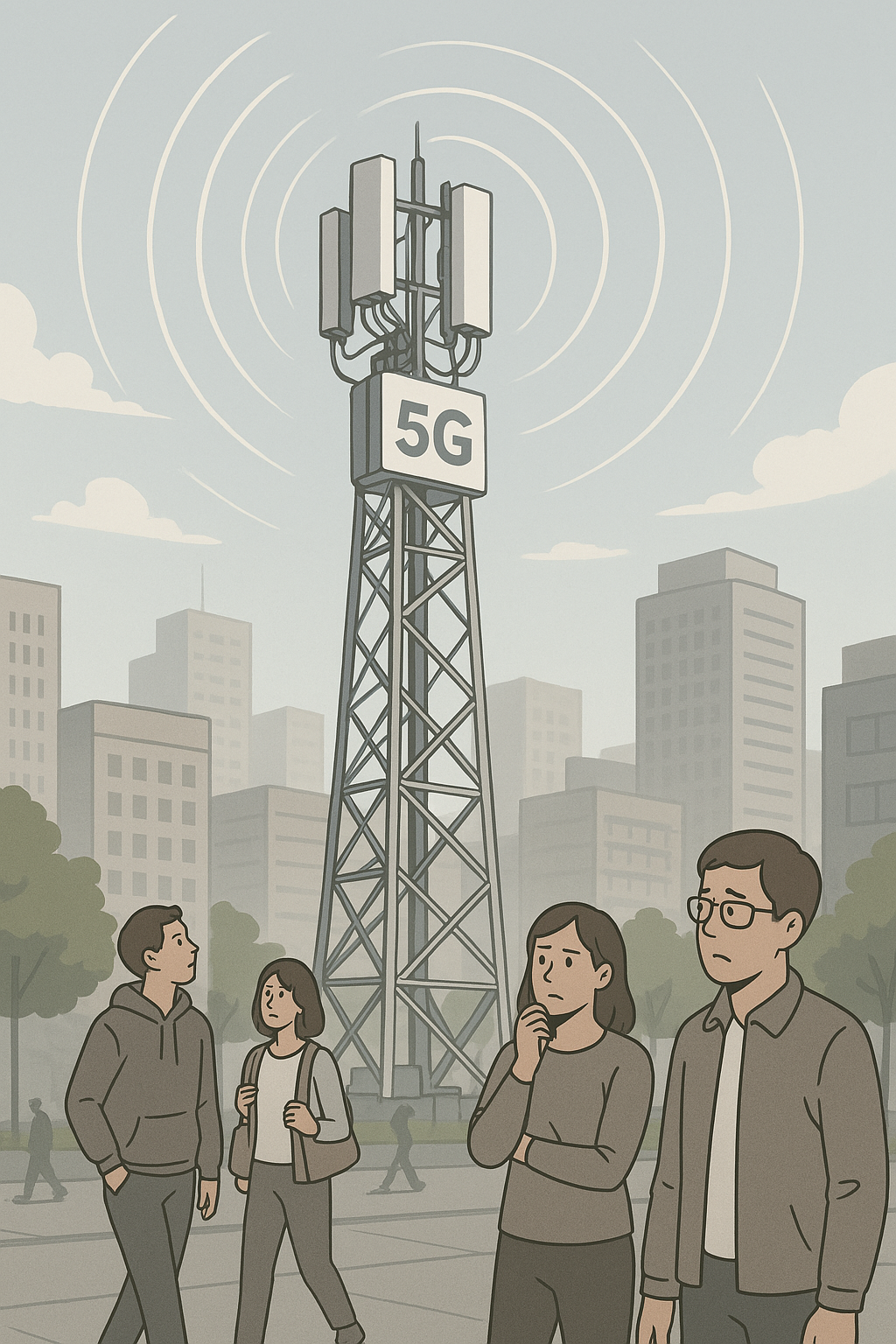5G Health Concerns: What Science Says About Radiation Risks
Are 5G Networks Putting Our Health at Risk?
The rapid deployment of 5G technology has fueled debates around the world about potential health effects. With higher frequencies and denser infrastructure, 5G represents a significant leap from previous generations. But does it come with hidden dangers?
Understanding 5G and Radiation
5G uses radiofrequency (RF) radiation, specifically in the microwave spectrum, to transmit data faster and more efficiently. This type of non-ionizing radiation is already used in 4G, Wi-Fi, and Bluetooth technologies. Unlike ionizing radiation (like X-rays), non-ionizing radiation does not carry enough energy to directly damage DNA or cells.
Common Health Concerns
Public fears about 5G health risks include:
- Increased cancer risk
- Effects on brain function
- Possible links to headaches, sleep disturbances, and immune system disruption
These concerns often stem from studies on older RF technologies or are amplified through misinformation.
What Experts and Agencies Say
Leading health agencies, including the World Health Organization (WHO) and the International Commission on Non-Ionizing Radiation Protection (ICNIRP), have reviewed available studies and concluded that 5G exposure within international safety guidelines is not harmful to human health. No credible evidence links 5G radiation to cancer or other long-term illnesses.
Current Research and Safety Standards
While long-term effects of 5G are still being studied, existing safety limits are designed to protect everyone, including children and older adults. Countries follow standards based on decades of research to ensure public safety.
Conclusion
Despite the public debate, there is no conclusive scientific evidence that 5G networks are harmful to human health. As with all technologies, continued monitoring and research are essential. For now, 5G appears to be safe within regulated exposure levels.




Comments are closed